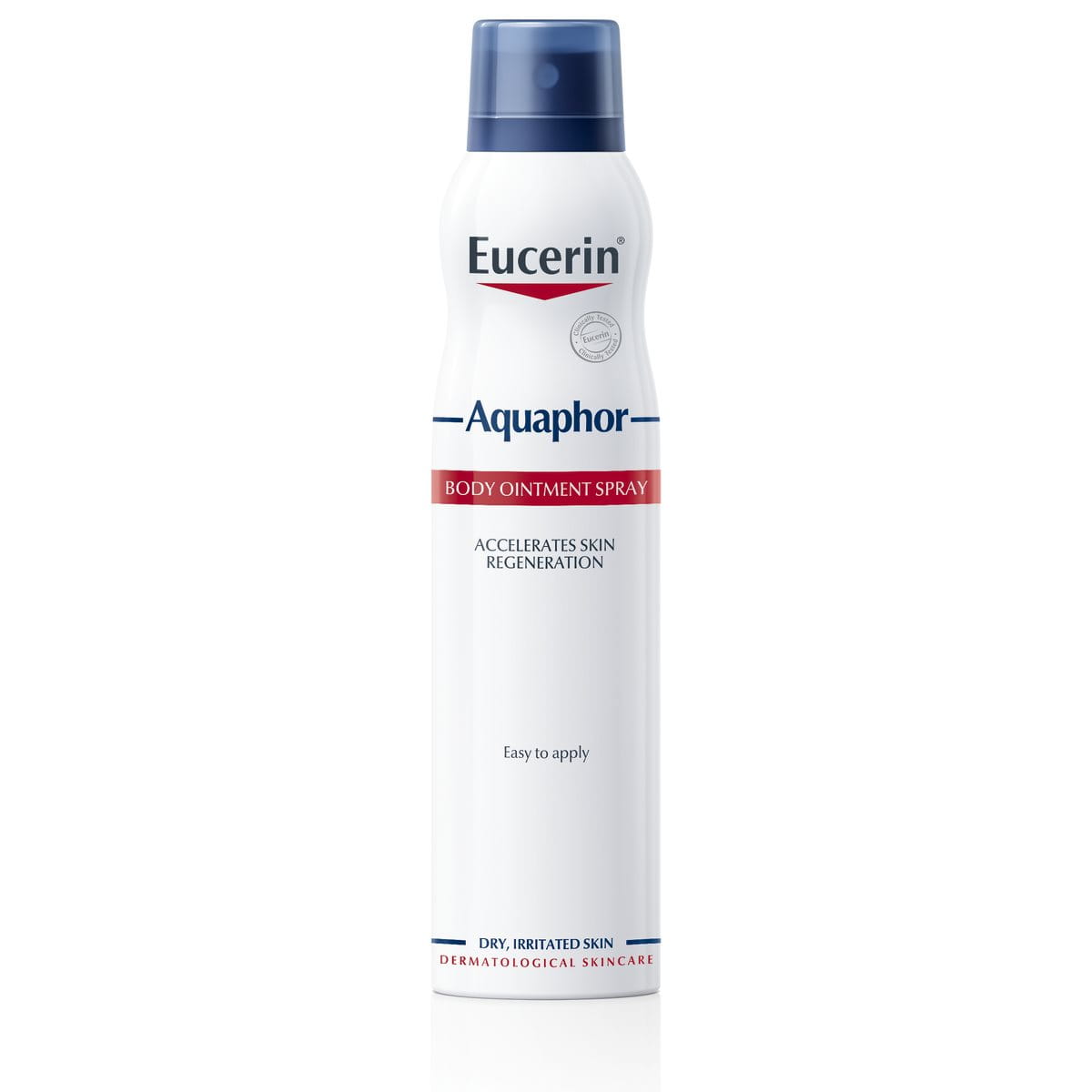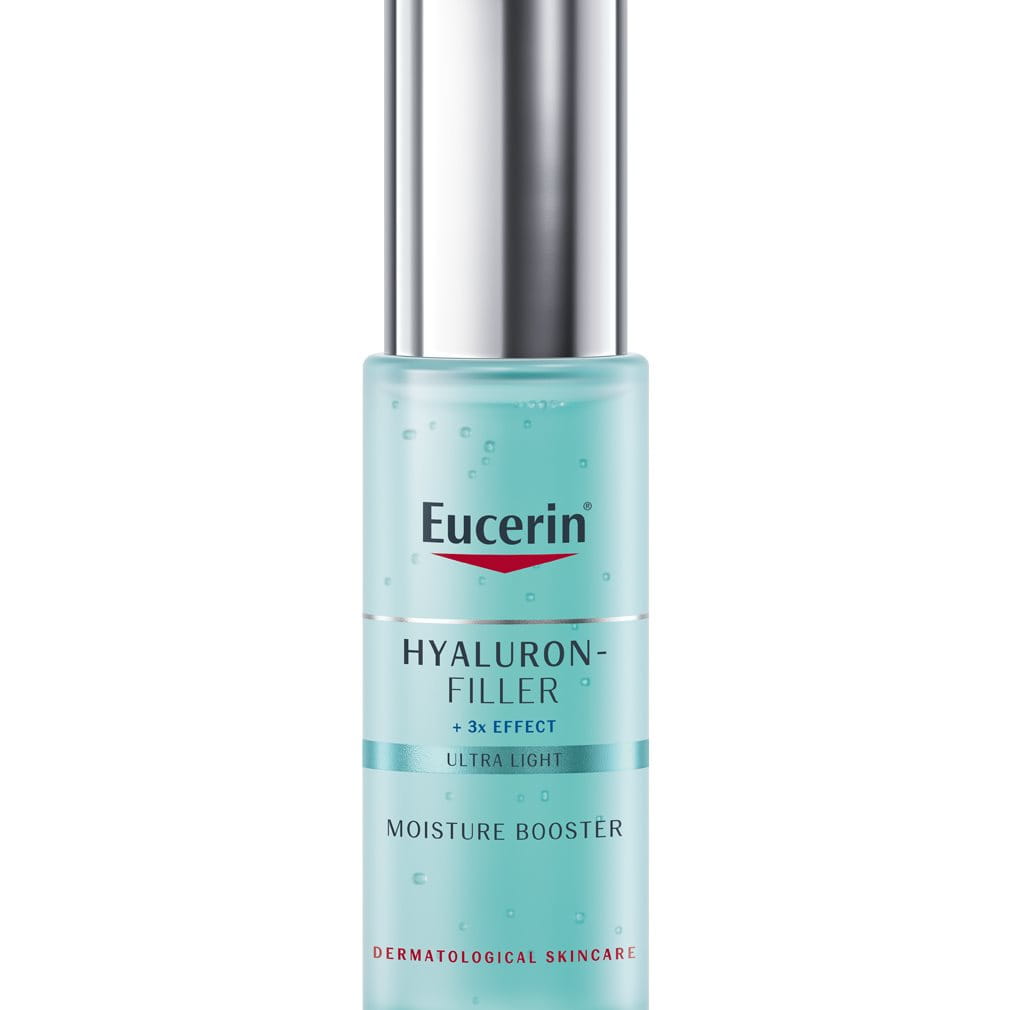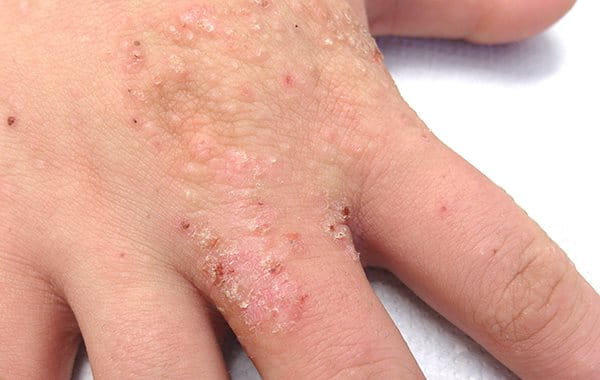Why is caring for our hands so important?
Our hands are always busy: there’s no other part of our body we use more. All this hard work puts the skin on our hands under pressure, plus it is rarely covered and so is directly exposed to harmful external irritants such as cold, heat, frequent hand washing, pollution and dirt. These can all weaken skin’s natural barrier and cause our hands to dry out.












